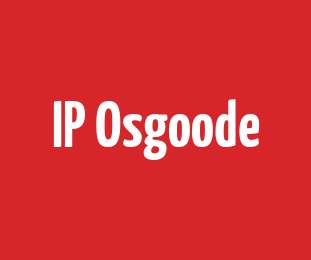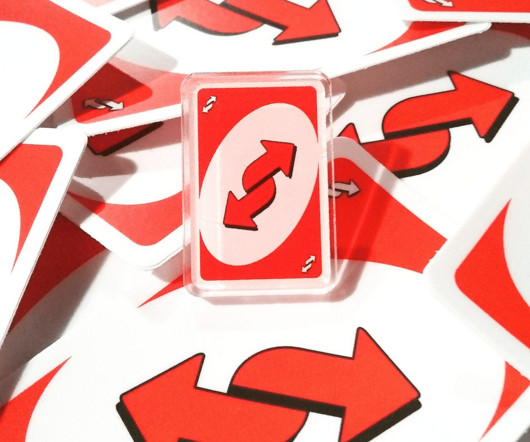Moderna sues Pfizer for mRNA Patent Infringement: when optics and profits reveal real issues in modern IP law usage
IPilogue
NOVEMBER 3, 2022
Michelle Mao is an IPilogue Writer and a 2L JD Candidate at Osgoode Hall Law School. Moderna and Pfizer battle’s over the inventive process of their respective mRNA COVID-19 vaccines revisit the negative associations of profit, monopolies, and optics in patent litigation. This exposes some concerns about our patent laws.












Let's personalize your content